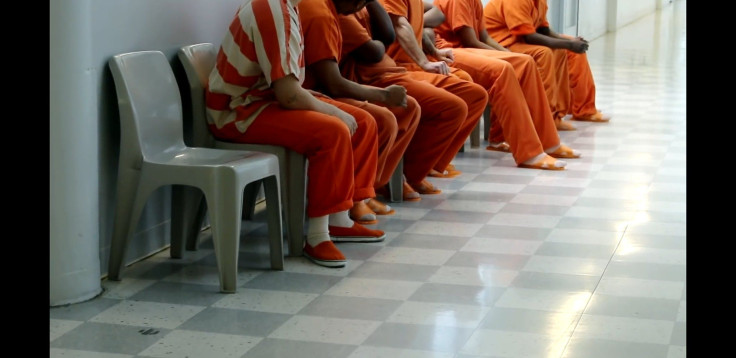Coronavirus Update: Supreme Court Denies Texas Inmates' Appeal For Protection, Death Toll Spikes

The Supreme Court Tuesday (May 12) denied the request of two inmates to require a Texas prison to provide more safety measures against COVID-19 contamination.
The Texas Department of State Health Services and State officials have recorded that COVID-19-related deaths have surged from 1,158 Wednesday (May 13) to 1,216 Thursday (May 14). The state figures also show 116 COVID-related deaths over the past three days, as per Fox News.
The inmates—Laddy Valentine, 69, and Richard King, 73, filed a class-action lawsuit on behalf of the disabled and high-risk inmates against a geriatric prison in Grimes County, Texas, maintaining that "it was violating their constitutional rights barring cruel and unusual treatment," Fox News reported. One inmate, Leonard Clerky, died last month due to COVID-19 complications.
A district court ruled in the inmates' favor, ordering the prison to provide individuals with unrestricted access to hand soaps as well as hand sanitizers that contain at least 60% alcohol. The prison is also mandated to educate the inmates about the coronavirus pandemic and provide a detailed plan to test the inmates in the unit. The district court also ordered a thorough cleaning and disinfecting protocols.
"The government has a constitutional duty to protect those it detains from conditions of confinement that create a substantial risk of serious harm," United States District Judge Keith P. Ellison held last month, according to CNN.
Despite the district court order, the appeal was put on hold. U.S. Supreme Court issued a ruling that Texas does not have to provide inmates at one prison with hand sanitizers, masks, and access to hand soap amid the pandemic since many of the protective measures the prison had already taken match the district court orders.
CNN reported that Justice Sonia Sotomayor, joined by Ruth Bader Ginsburg, wrote separately that they both agreed to the high court's decision for now, but highlighted issues they found "disturbing" in the case. The high court is requiring the lower courts to report every 10 days on the status of the inmates in the prison's care.
COVID-19 has infected hundreds of staff and prisoners in city jails, state jails, and federal prisons. New York, California, and Ohio were among the first states to release prisoners fearing that correctional facilities around the U.S. will become the epicenter of the virus. Other states have followed suit, saying that it is the only way they can protect inmates, prison workers, their families, and the broader community per The Conversation.
In Los Angeles, however, some inmates allegedly tried to secure early release by infecting themselves with COVID-19. Los Angeles County Sheriff's Office shared an evidence video of inmates drinking from the same water bottles and passing around facemasks. None of the inmates caught on camera will be released and will receive treatment at facilities on the jail's grounds, Sheriff Alex Villanueva said.
© Copyright IBTimes 2025. All rights reserved.





















